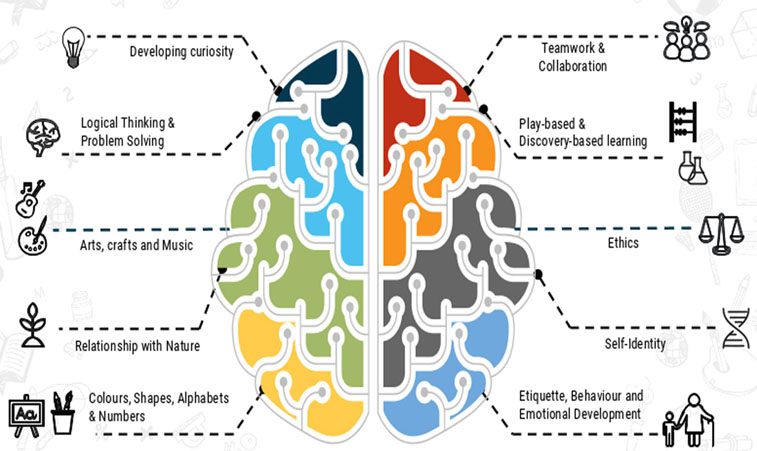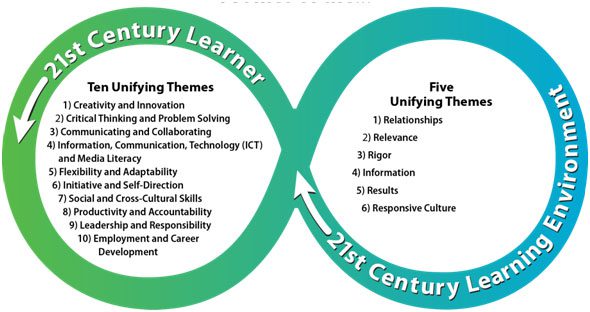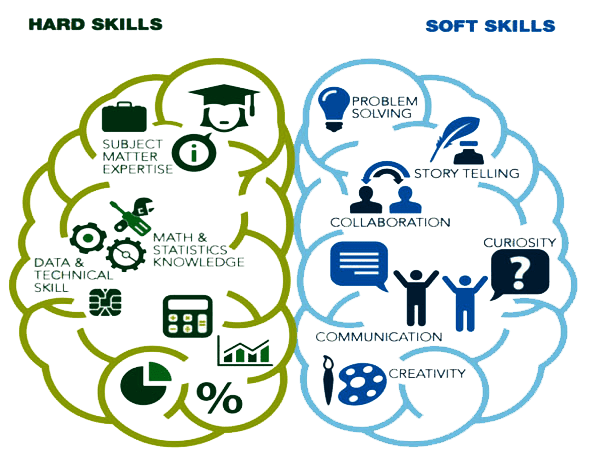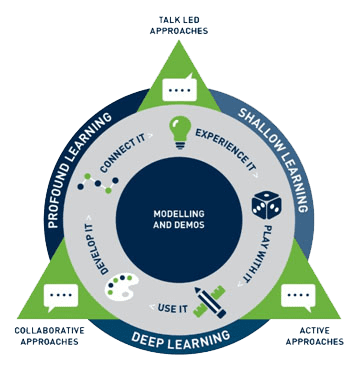Curriculum
The Initiation Step : Foundational Stage
Over 85 percent of a childs brain develops by the age of 6 and emphasises on providing critical importance to appropriate care and stimulation of the brain in a childs early years for healthy brain development and growth. Therefore, it is of the utmost importance that every child has access to quality early childhood care and education (ECCE) as in accordance with NEP 2020
Foundational Stage (Nursery To Class 2)
An excellent curricular and pedagogical framework for early childhood education for children up to the age of 8 is used by ORLEANS so as to attain optimal outcomes in the domains of physical and motor development, cognitive development, socio-emotional-ethical development, cultural/artistic development, and the development of communication and early language, literacy, and numeracy.
Preparatory Stage (Class 3 To 5)
The ORLEANS Path to Success methodology has collaboration and active approaches at its heart. Its process can be applied across the curriculum, as the core techniques it embodies can be used to teach any skill or operation. Once teachers internalise this process, it has the potential to transform their practice and have a significant impact on standards. Teachers who utilise the Path to Success will develop and enrich children’s ability to problem-solve, think creatively, improve their skills as learners and consequently make accelerated progress.


Stage 1: Experience It
Children need rich experiences which they can relate to in order to support them in developing a particular skill set. For example, how can you expect a child to solve a money problem if they have never really used money in any type of meaningful context? The challenge for us as teachers is to find a way to replicate this meaningful experience and practical application in the classroom.

Stage 2: Play with It
This in a sense refers to the Gamification of Learning. The power of playing short burst games to practice key skills on a daily basis should not be underestimated.

Stage 3: Use It
Once children have experienced a particular skill and had an opportunity to play with it in order to fully assimilate the technique, they then move onto use it in context. Practical application in context is key to successful outcomes for children.

Stage 4: Develop It
Children continue to develop the skill in context. It is absolutely crucial that all adults within the classroom and within the school at large position themselves alongside the children as learners, actively engaging in the learning process. High-quality modelling and demonstration should be underpinned by an active, talk-led, collaborative learning climate, in which children move from learners to teachers.

Stage 5: Connect It
This refers to children making connections across the curriculum. With a deeper understanding, children will begin to make links and connections in terms of how they could apply the skill or concept they have just learnt across the curriculum and in the wider world.



Secondary Stage (Class 9 To 12)
In this world full of information abundance, our ORLEANITES are constantly challenged to react to data, and often in a way that doesn’t just observe, but interprets. The internet and social media are designed to connect, and with brilliant efficiency, they do indeed connect—words and phrases, images and video, color and light, but not always to the net effect they might.
The gap between the skills people learn and the skills people need is becoming more obvious, as traditional learning falls short of equipping students with the knowledge they need to thrive. Our ORLEANITES are able to collaborate, communicate and solve problems – skills developed mainly through social and emotional learning (SEL). Combined with traditional skills, this social and emotional proficiency will equip students to succeed in the evolving digital economy.











